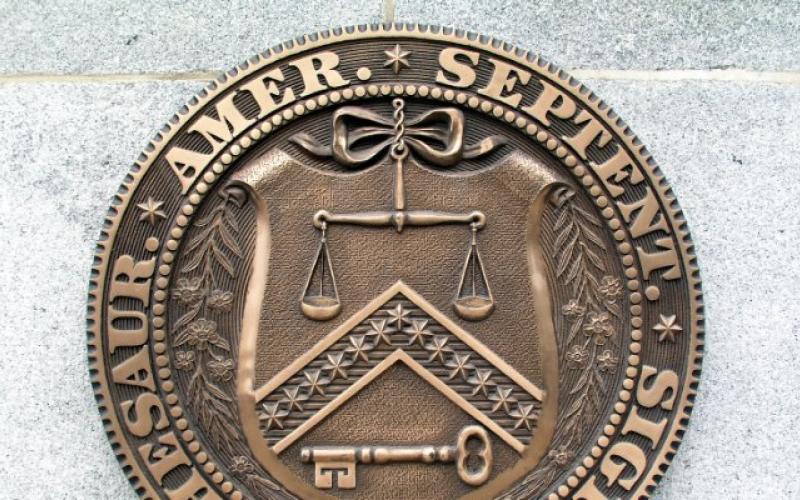
My book from November 2014 "The Wheels Are Falling Off the Wagon at the IRS" was part of two reddit sessions last year that appear to have resulted in over 1,000,000 reads. I pointed out at that time how bad the IRS is funded and the implications. From reddit some cheered and said lets bring down the system and the federal government. Others said lets get rid of the IRS. Wouldn't it be great not to pay federal taxes. Still others said, wait a minute, this is the income arm of the federal government and let's think about this. I pointed out the IRS has all kinds of problems. That's true of any given bureaucracy whether in government or the private sector. However, cutting IRS funding hurts the American people. The IRS The IRS Commissioner is putting the best face on this.
In dollars not adjusted for inflation the under funding of the IRS between 2010 and Congress's proposal for 2016 amounts to $10.738 billion. That is more than the actual budget proposed to fund the IRS by Congress for 2016.
Here is what he shared with all IRS employees.
From: *Commissioner Koskinen
Sent: Thursday, June 18, 2015 1:30 PM
To: Employees All
Subject: Update on the 2016 budget
As you may have seen, the Fiscal Year 2016 budget process is well underway in Washington. Today, I’d like to give you an update and provide some perspective on the budget process to help explain some of the numbers and the lengthy road that remains before we know our funding level for FY 2016.
Every year, the budget process involves many steps, starting with the Administration proposing a budget early in the year, and then the House and Senate making their own proposals. As the summer progresses, Congress will work to reach an agreement on funding levels for the government, including the IRS, which will need to be signed into law by the President. It’s a long process that routinely takes many turns.
Yesterday, the House Appropriations Committee voted on their proposal for FY 2016, which begins Oct. 1. The proposal for the IRS is $10.1 billion. This is more than $2.8 billion, or 22 percent, below the President's Budget, and $838 million, or nearly 8 percent, below the FY 2015 enacted level.
The funding level that the House proposed this week would obviously intensify the effects on taxpayers after five years of consecutive budget cuts:
- Since 2010, the IRS budget has already been cut by more than $1.2 billion, and we will have 16,000 fewer employees by the end of this fiscal year.
- Reducing funding levels again in 2016 would further undercut the effectiveness of the IRS by leaving us with fewer resources for tax enforcement and information technology, including taxpayer data protection and service.
- The House committee’s proposal would be the smallest IRS budget since 2004. Even more starkly when you look at the proposal in constant dollars, the $10.1 billion would be lower than what the IRS received in FY 1991.
We will not know until later this year what our final budget figure will be – and what it will mean for you as employees. I do want to be clear on an important point where there’s been some speculation. During the 2015 calendar year, there are no plans to offer early outs or buyouts (VERA/VSIP).
As the budget process continues, I will continue discussing the needs of the IRS and taxpayers with members of Congress. And it’s important to note that we are not alone, and many diverse groups support increased funding for our agency.
Even with our reduced budget and smaller workforce, we continue to move forward and look for ways to better position the IRS and tax administration for the future. For example, last week we unveiled details of an important new collaborative effort with the tax industry and the states to help combat stolen identity refund fraud. And we have many other efforts underway across the IRS to continue delivering improvements to taxpayers.
I look forward to talking to you more about our future efforts and will keep you informed as our budget situation progresses. Thank you, as always, for your dedication to our mission and your service to helping our nation’s taxpayers.
— John A. Koskinen
